Whether you’re a first-time job seeker or someone who’s looking for a new job while employed, cover letter writing is something many often overlook. However, a cover letter is equally essential to a successful job application as the CV itself.
According to recent findings, 74% of employers prefer job applications to come with cover letters, with 72% expecting to see them even if the job listing doesn’t explicitly mention it. 63% of employers stated that cover letters help them understand the applicants’ motivations more clearly, with 50% stating that they help explain why a job seeker is looking for work while employed.
So how can you tackle cover letter writing and avoid making some common job application mistakes while doing so? Let’s take a look at how you can write a proper cover letter to pair it with your new CV when you apply for jobs at Jobs OneGlobe.
1. Misunderstanding Cover Letter Writing
The first and most prominent mistake many job applicants make when writing their cover letters is that they misunderstand their purpose. What exactly is a cover letter supposed to do? A cover letter gives the employer or recruiter more information about who “you” are which is not traditionally found in CVs.
A cover letter should never simply repeat the same information found in the CV and instead serve as a tool for you to introduce yourself. What are your career goals and where do you see yourself in five years? What do you hope to accomplish by applying for this job listing? Cover letter writing is supposed to enrich your CV and serve as additional data, not just as data in another form.
Write your New CV

2. Too Formal or Too Informal
Your cover letter has to strike a good balance between being professional and casual for it to work well. This is difficult to achieve and it all depends on the type of job you’re applying for. For example, if you’re applying for a job in hospitality, it might be a good idea to be more formal and reserved.
If you’re applying for a graphic design position or a job in an NGO, you can be a bit more informal and conversational. Always think about what your specific employer might expect to see and then approach cover letter writing with that in mind.
“You’ll never please everyone, but you only have to please a few people to get an offer.” – Harvey MacKay
3. Copy/Paste-ing the Same Cover Letter
Every job applicant is a unique individual who may or may not be suited for the job vacancy. This is why you need to treat every job application as a separate project. Cover letter writing should always take specific standards and requirements of the employer into account. For example, many employers will hide a certain word such as “coconut” in the job description and ask the applicants to please repeat the same word in their cover letters.
Why is this important? It’s important because many job applicants simply copy/paste the same cover letter across different job applications without taking a closer look at what the employer is asking for. Worse yet, applicants often don’t read the job description at all, instead focusing on the job title and surface-level details such as the company’s location or employment benefits.
4. Poor Spelling and Formatting
Approaching cover letter writing as a non-native English speaker may be challenging, but it’s not impossible. If you’re applying for jobs abroad, you’re likely to come across employers who speak English and require the same from their employees. In this case, you can use tools like Grammarly or Hemingway Editor to clean up your cover letter writing before submitting it.
You can also learn English or any other of over 40 languages available with OneGlobe Language Learning. This will help you write your cover letters without resorting to any online tools to help you out. Best of all, you’ll be able to update your CV with new language proficiencies and ensure that your new career starts on the right foot.
Learn 40+ New Languages
OneGlobe Language Learning
LIFETIME ACCESS
5. Blowing Achievements Out of Proportion
While it’s a good thing to be proud of what you’ve accomplished before applying for the job, it’s not a good idea to go overboard. You should be as objective as possible when talking about your professional experiences, achievements, and references.
Do not embellish facts and try to make it so that you’ve done more than you did. This can be problematic because you may land a senior or managerial position with an employer without knowing how to do the job. Instead, talk about your achievements as they are and let the employer decide based on your cover letter writing skills.
6. Trying to Impress with Your Vocabulary
Depending on the jobs you’re applying for, you may want to hold back on using complex vocabulary and keep things simple instead. Applying for jobs and using words that are commonly reserved for academic papers or classical literature won’t earn you any positive points with employers. Instead, be plain and simple in your cover letter writing.
This will ensure that more readers understand what you’re trying to say than they would otherwise. Also, you’ll come off as friendly and understanding rather than someone who’s trying too hard to impress. This can also backfire during job interviews since the interviewer will expect you to follow up on the same wording and vocabulary found in your cover letter.
7. Oversharing About your Past Employment
There’s probably a good reason why you’re leaving your current employer – that’s okay. However, you should keep things to yourself when it comes to your motivation for leaving the company. This is considered in good faith and your new employer will appreciate you being subtle and respectful instead of slandering your previous employer.
No one wants to work with individuals who are gossiping or sharing inside information about their past employment in cover letter writing. Don’t let personal gripes cost you a great job opportunity and focus on your professional experience and future goals more than anything else.
“I can’t do it” never yet accomplished anything; “I will try” has performed wonders.” – George P. Burnham
Getting Hired with Jobs OneGlobe
Cover letter writing is difficult regardless of how experienced you are or how good of a writer you are. Delivering a captivating cover letter with your CV is a must if you want to land great job opportunities.
Jobs OneGlobe enables you to write a customized cover letter each time you apply for a job. Once you’ve chosen which CV to apply with, you’ll then be able to add your cover letter to the application before submitting it. Take your time and consider these mistakes before you start writing and the right employers will recognize your efforts.




Share
Facebook
Twitter
LinkedIn
Telegram
Tumblr
WhatsApp
VK
Mail